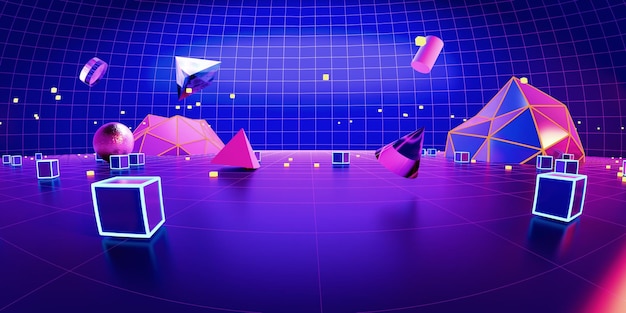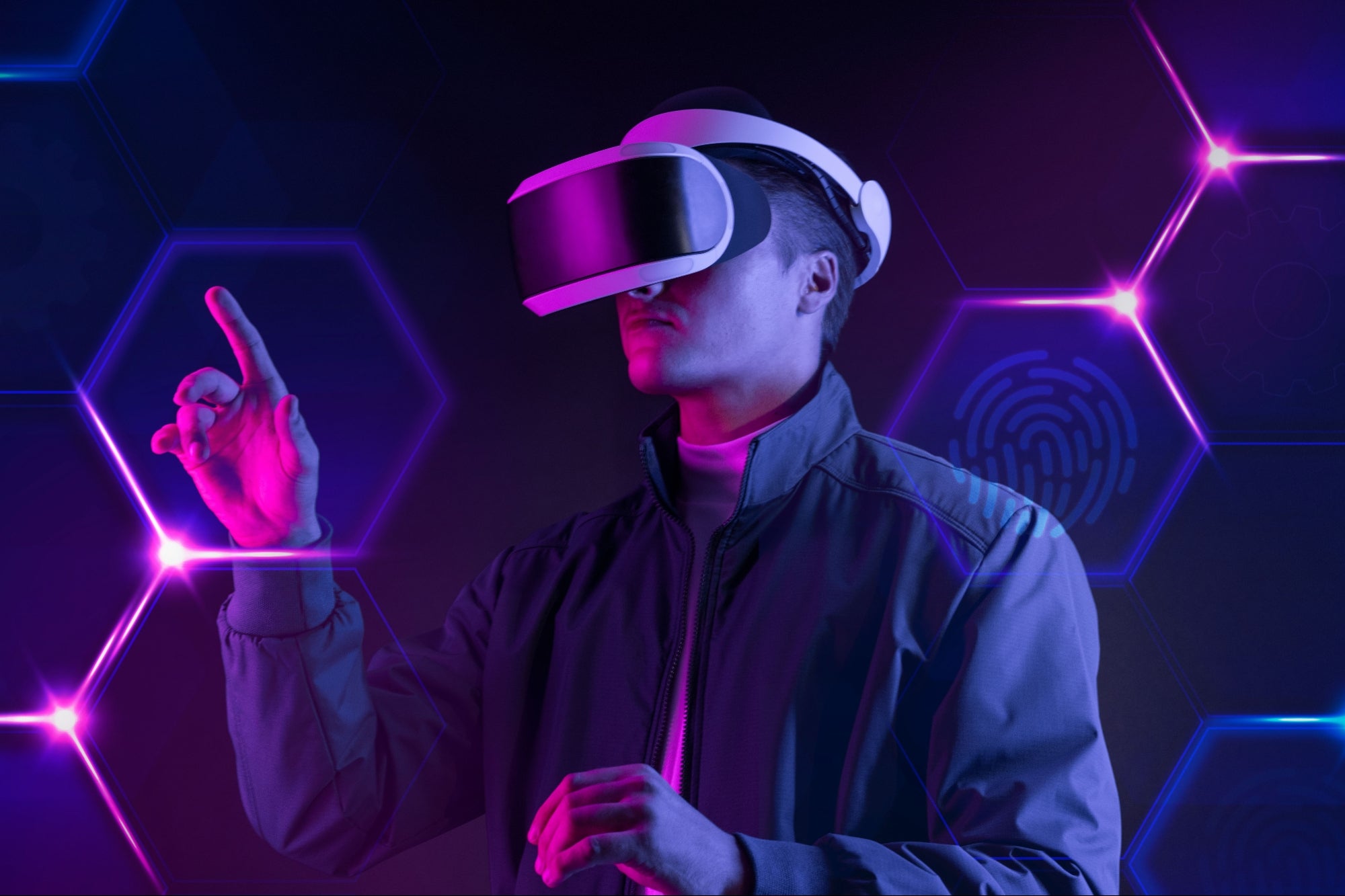
Virtual Reality (VR) has rapidly emerged as a groundbreaking technology, captivating individuals from various walks of life. By creating a simulated environment that can be explored and interacted with, VR has opened up a world of possibilities across multiple industries. This article delves into the exciting realm of virtual reality, shedding light on its transformative potential, current applications, and future prospects.
Understanding Virtual Reality:
Virtual reality refers to a computer-generated simulation that replicates an environment, real or imagined, and allows users to engage with it using special devices such as headsets and controllers. By immersing users in a simulated world, VR aims to provide an experience that feels real, triggering the senses of sight, sound, and even touch. The technology relies on a combination of advanced graphics, motion tracking, and haptic feedback to create a sense of presence and interactivity.
Applications of Virtual Reality:
Virtual reality has expanded beyond the realm of gaming and entertainment and has found applications in various fields. In healthcare, VR is used for training medical professionals, simulating surgeries, and aiding in therapeutic treatments such as exposure therapy. VR has also made significant strides in the education sector, enabling immersive learning experiences by transporting students to historical events or distant locations.
In architecture and engineering, VR allows professionals to visualize and explore virtual prototypes, leading to enhanced design processes and collaboration. Furthermore, VR has proven to be a valuable tool in the field of tourism, offering virtual tours of destinations, museums, and cultural sites.
Impact on Entertainment and Gaming:
Virtual reality has revolutionized the entertainment industry, offering a new level of immersion and engagement. In gaming, VR provides players with a heightened sense of presence, enabling them to step into the shoes of their virtual characters and interact with the game environment. The ability to physically move, gesture, and manipulate objects within the virtual world adds an unprecedented level of realism and excitement to gaming experiences.
Beyond gaming, VR has also transformed the way we consume media. With 360-degree videos and virtual cinemas, users can now be fully immersed in movies, concerts, and live events, providing an entirely new perspective on storytelling and entertainment.
Challenges and Future Outlook:
While virtual reality has come a long way, there are still challenges to overcome. One significant barrier is the cost and complexity of VR equipment, which limits its accessibility to a broader audience. However, as technology advances and prices decrease, VR is expected to become more affordable and user-friendly.
Another hurdle lies in motion sickness and discomfort experienced by some users, which can be addressed through improvements in display resolution, latency reduction, and ergonomic design.
Looking ahead, the future of virtual reality holds immense promise. As hardware becomes more powerful and lightweight, VR experiences will become more seamless and immersive. The integration of augmented reality (AR) and VR technologies may further enhance the overall user experience by blending virtual and real-world elements.
Virtual reality has emerged as a transformative technology, offering a range of applications in diverse fields. From healthcare to education, architecture to entertainment, VR has the potential to revolutionize how we learn, work, and engage with digital content. While challenges exist, the continuous advancement of technology is driving the accessibility and usability of VR.
As virtual reality becomes more mainstream, it is poised to reshape industries and create new avenues for innovation and creativity. The immersive and interactive nature of VR experiences has the power to transport individuals to new realms, unlocking endless possibilities for exploration and discovery. With ongoing developments and exciting future prospects, virtual reality is undoubtedly set to redefine the way we perceive and interact with our digital world.



You must be logged in to post a comment.